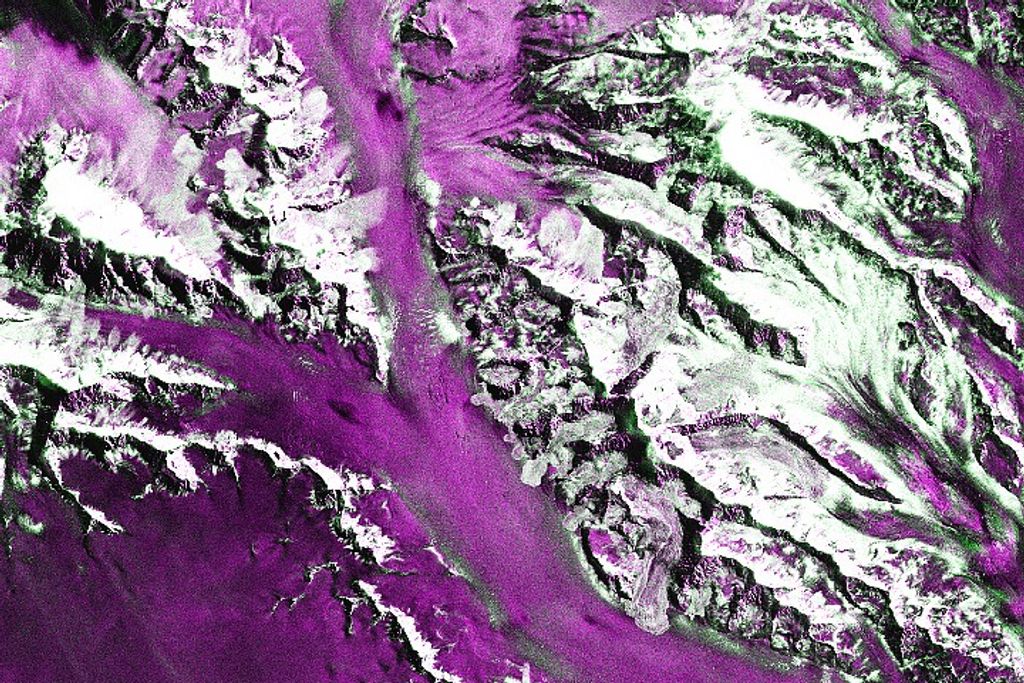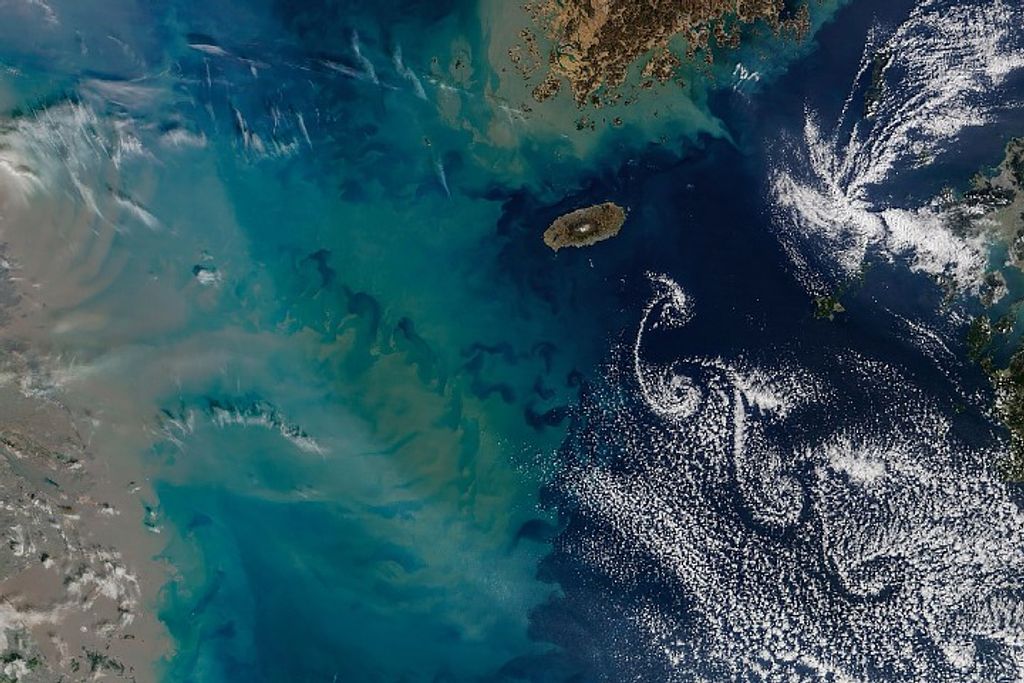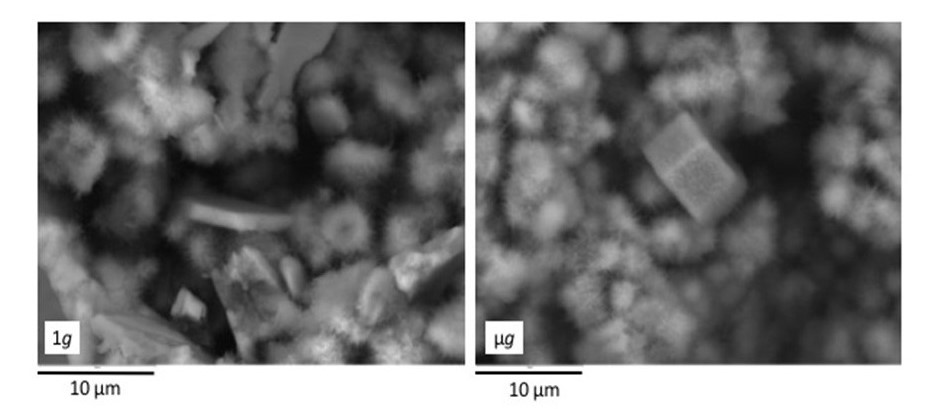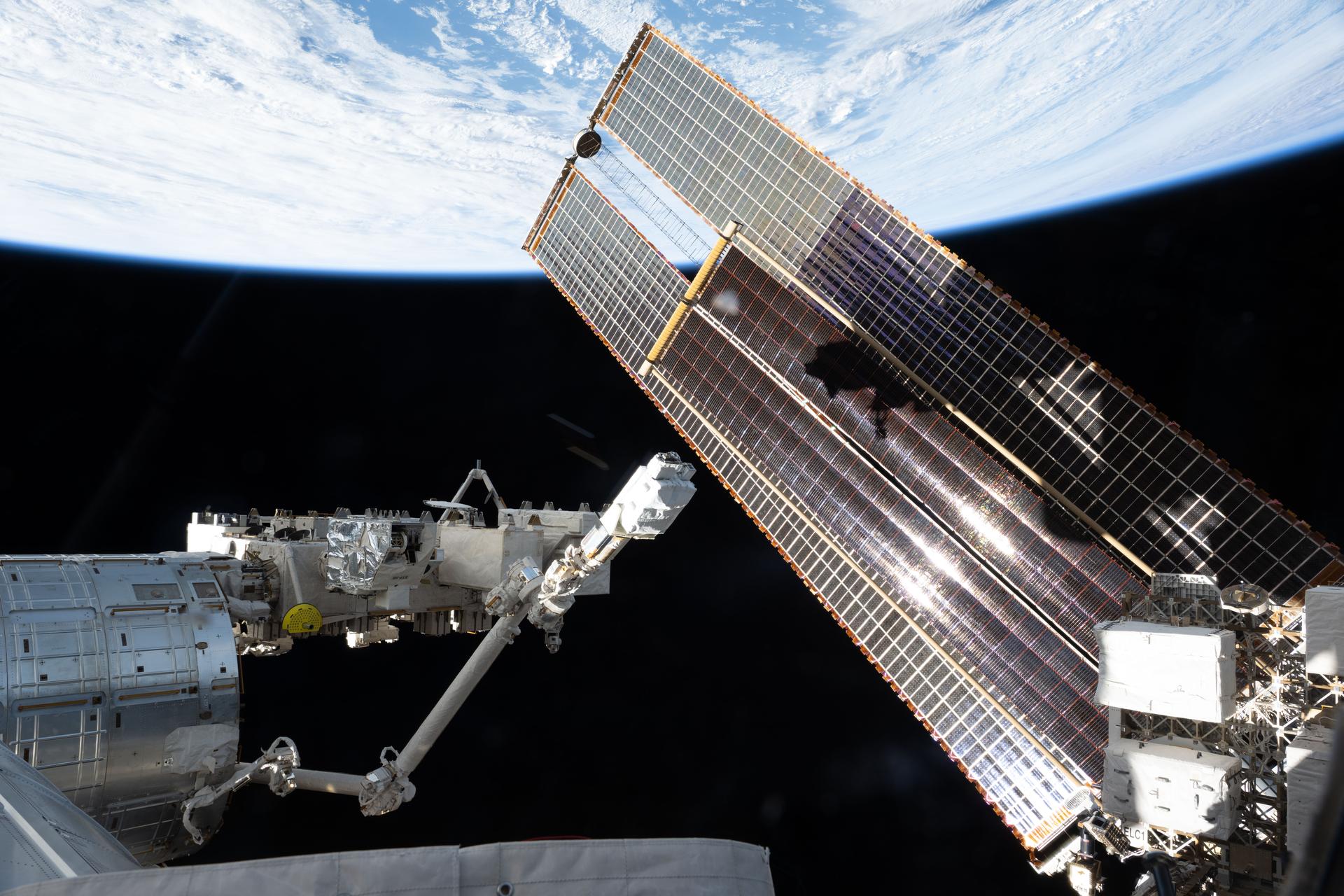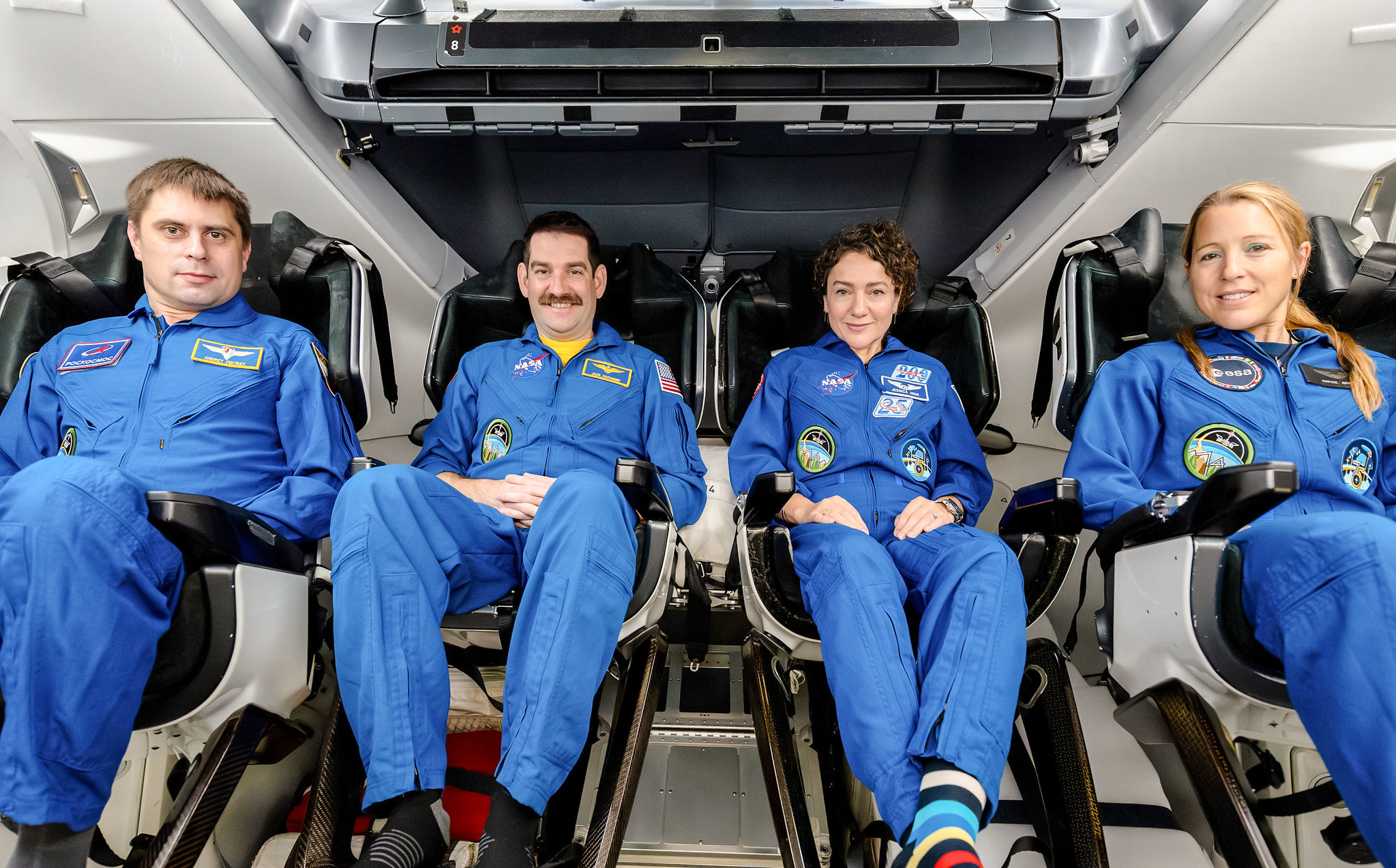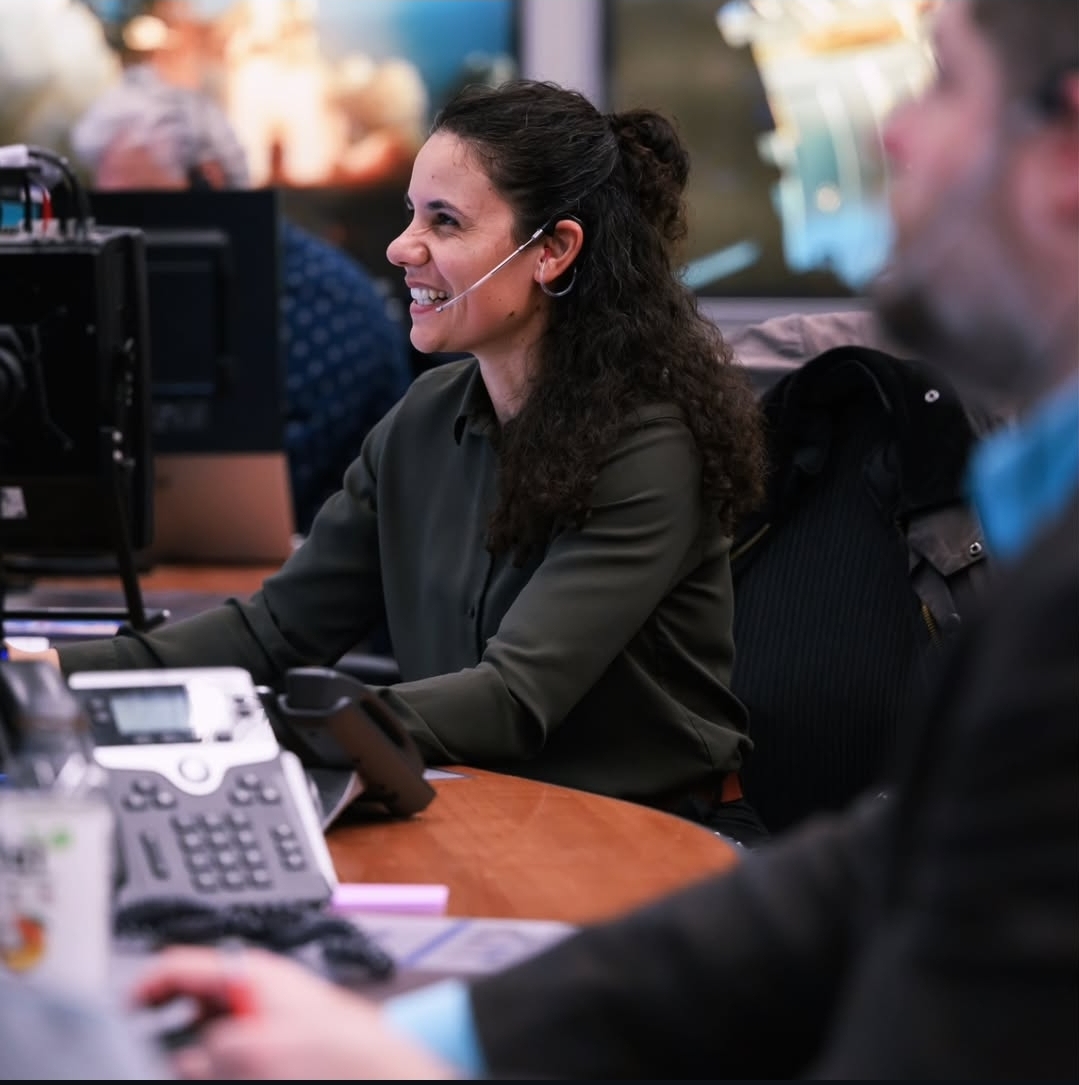NASA’s Physical Sciences Research Program has selected five ground-based proposals in response to the Physical Science Informatics System call for proposals. These proposals are in the research areas of biophysics, combustion science, fluid physics, and materials science. The five investigators will use data contained in the NASA’s Physical Sciences Informatics (PSI) system and build on prior reduced-gravity research to advance fundamental and applied research in the physical sciences. The PSI system contains data from completed physical science reduced-gravity flight experiments conducted on the International Space Station, Space Shuttle flights, free flying spacecraft, commercial cargo flights to and from the space station, or from related ground-based studies which have used this flight data. This program element is part of Science Mission Directorate (SMD) Research Opportunities in Space and Earth Sciences - 2023 (ROSES-2023) solicitation.
The selected proposal in Materials Science has the goal to enhance our understanding of cement hydration and microstructure in a microgravity environment. The proposed work would leverage the Microgravity Investigation of Cement Solidification (MICS) data and use Machine Learning-assisted reconstruction codes to study the effectiveness of nanoseed addition to hydrated cements, as well as characterize its 3D microstructures. Deliverables from this project can be used for other relevant applications, including cement-like materials from lunar or Mars regolith. This project is led by Prof. Namiko Yamamoto (Pennsylvania State University).
Another selected proposal will analyze experimental data from the Advanced Combustion via Microgravity Experiments (ACME) s-Flame investigation. The objective is to characterize and gain predictive capability of the structure and dynamics of diffusion flames in well-defined flow fields. Since many combustion engines and devices use diffusion flames, understanding the underlying dynamics and chemistry will improve performance in terms of power, efficiency, pollutant emissions and reliability. This project is led by Prof. Stephen Tse (Rutgers University).
The Physical Sciences Research Program is managed by the Biological and Physical Sciences Division in NASA's Science Mission Directorate. This program conducts fundamental and applied physical sciences research, with the objective of pioneering scientific discovery, enabling space exploration, and providing benefits on Earth. The fundamental research explores the laws of the universe and physical phenomena in the absence of gravity. Applied research investigates the underlying physical sciences mechanisms and phenomena to enable space technologies to function in reduced gravity as we return to the Moon and our journey to Mars. Both have led to improved space systems or new products on Earth.
The selected proposals are from five institutions in five states, with the total combined award amount of approximately $1.3 M during a two-year period. Below is the complete list of the selected proposals, principal investigators, and their organizations:
- Amir Hirsa, Rensselaer Polytechnic Institute, New York, “Microgravity biofluid handling utilizing RSD data and supporting ground experiments”
- Sarah Morris, Montana State University, Montana, “Analysis of Passive Phase Separations and Bubble Dynamics in Developing Shear Flows in Microgravity”
- Stephen Tse, Rutgers University, New Jersey, “Analysis of ISS Experimental Data from Response and Structure of Spherical Diffusion Flames”
- Yoonjin Won, University of California, Riverside, California, “An Intelligent Machine Learning Strategy for Pool Boiling Heat Transfer”
- Namiko Yamamoto, Pennsylvania State University, Pennsylvania, “Enhancing our understanding of cement hydration in a micro-gravity setting and its mechanical behaviors through the application of machine learning-aided 3D reconstruction and characterization of micro-scale structures”









